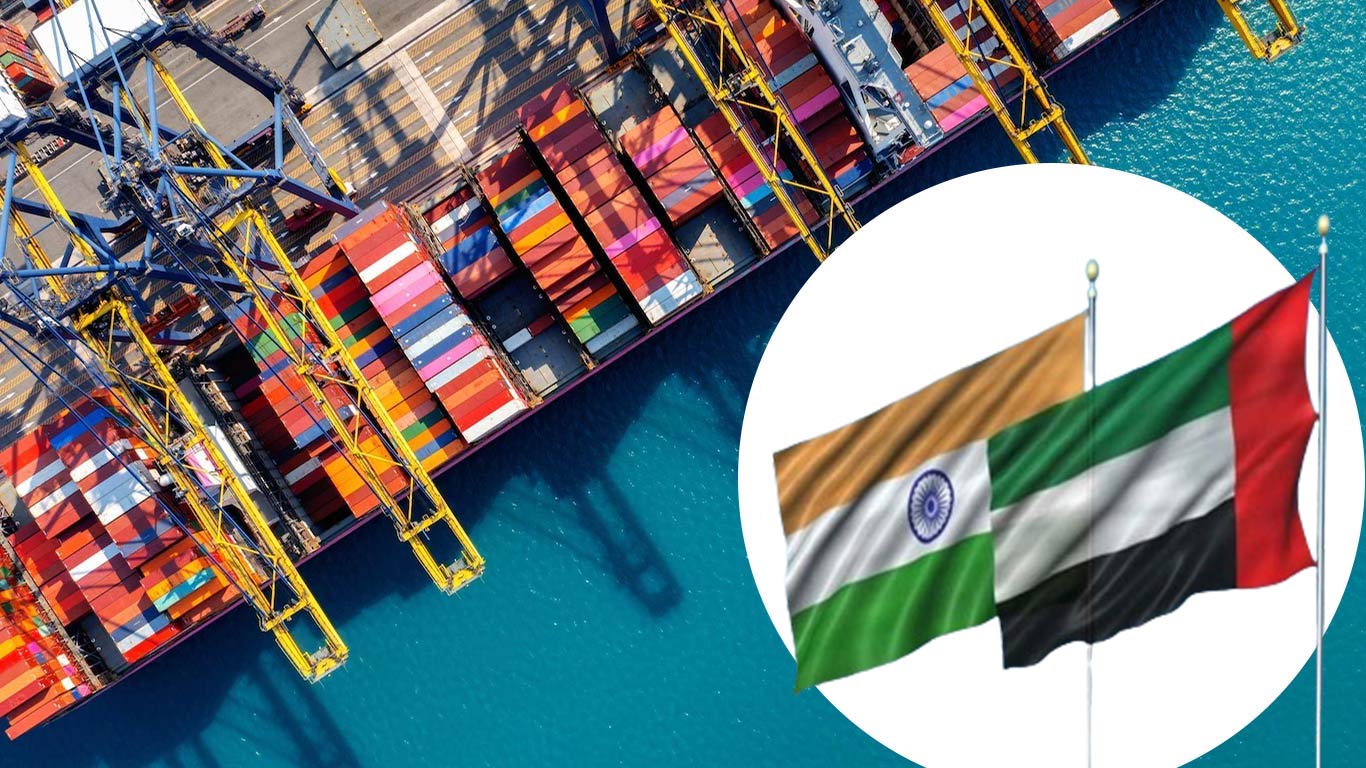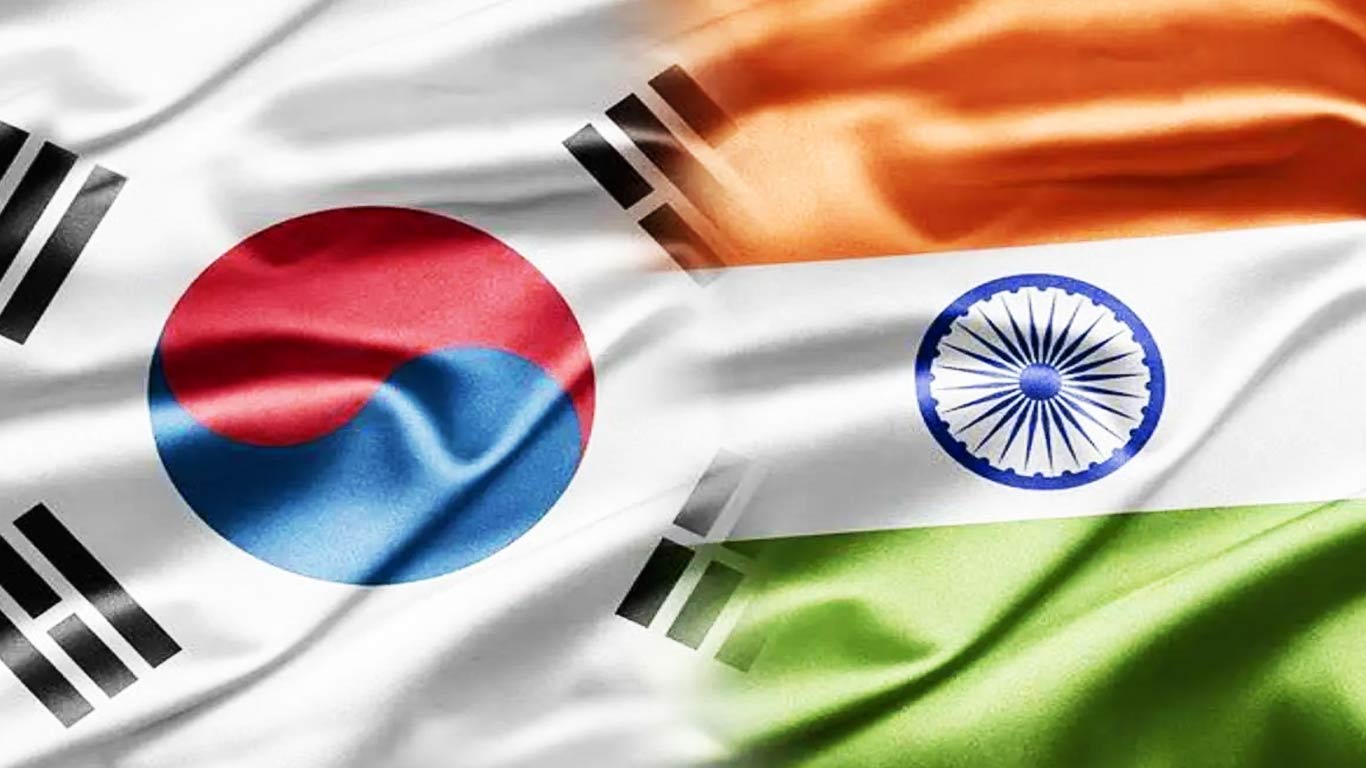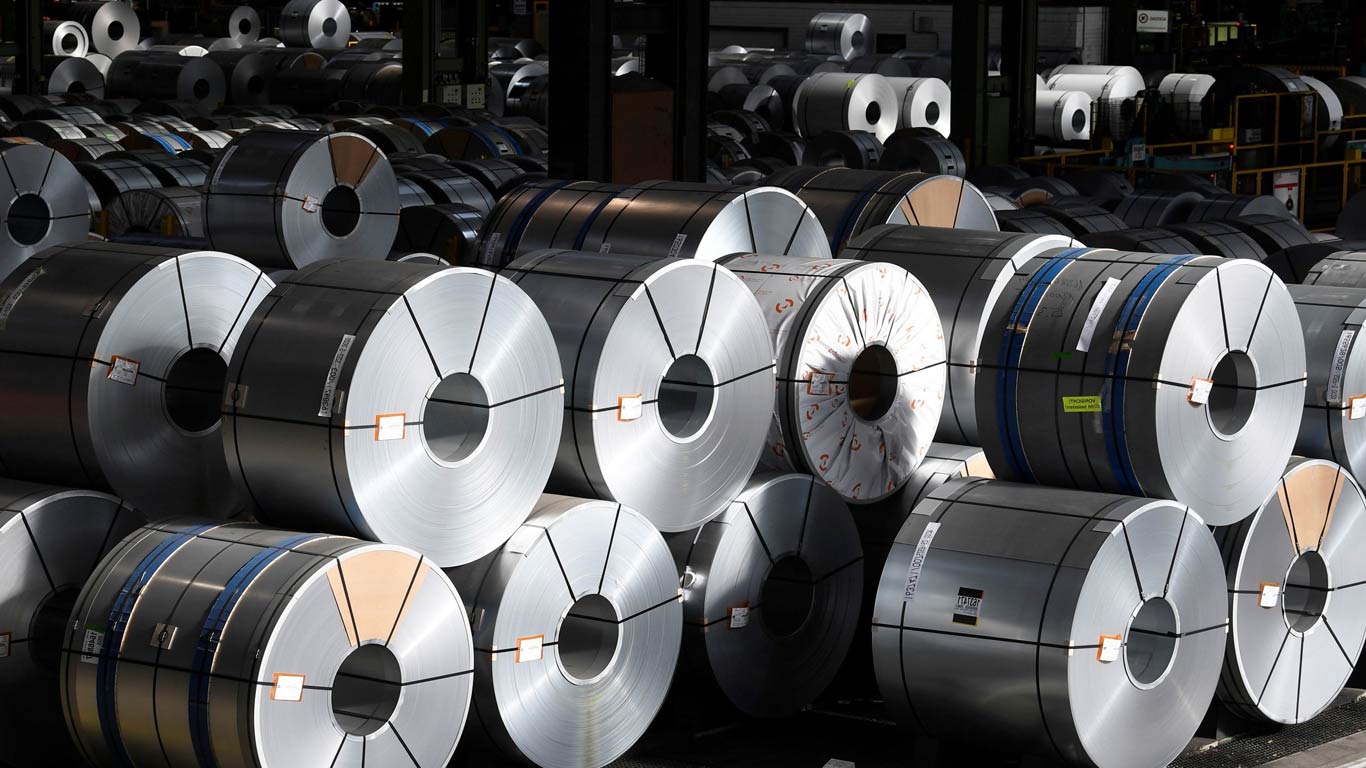Many G-20 members adopt new trade restrictions
Updated: Dec 20, 2013 02:34:45pm

“In the last six months, most G-20 members have put in place new trade restrictions or measures that have the potential to restrict trade. The trend is towards more restriction. 116 new trade restrictive measures were identified since the last WTO report, up from 109 measures recorded for the previous seven-month period. These were mainly new trade remedy actions, in particular the initiation of anti-dumping investigations, tariff increases and more stringent customs procedures,” said a report on G20 Trade and Investment Measures, released by the WTO, OECD and UNCTAD.
New measures, it said affected around 1.1 per cent of G-20 merchandise imports, equivalent to 0.9 per cent of world merchandise imports.
The WTO's trade monitoring shows that most G-20 members continue to put in place trade restrictive measures. Moreover, the trade restrictions measures adopted since October 2008 cover today close to 5 per cent of G-20 merchandise trade. Only around 20 per cent of the total number of trade-restrictive measures taken since October 2008 has so far been eliminated, added the report.
With respect to international investment, findings for this reporting period are more encouraging. Most of the policy changes that governments have introduced tended to eliminate investment restrictions and to facilitate inward or outward investment. Some G-20 members have also reversed restrictions that they had introduced in earlier years.
At their last summit meeting in St. Petersburg, Russia on September 5-6, 2013, G-20 Leaders delivered a strong statement of commitment to free trade and investment. In recognition of the continued risks of economic slowdown and trade weakening posed by persistent protectionist pressures around the world, they also extended until the end of 2016 their standstill pledge with respect to measures affecting global trade and investment and their commitment to roll back new protectionist measures. (KNN/ES)











